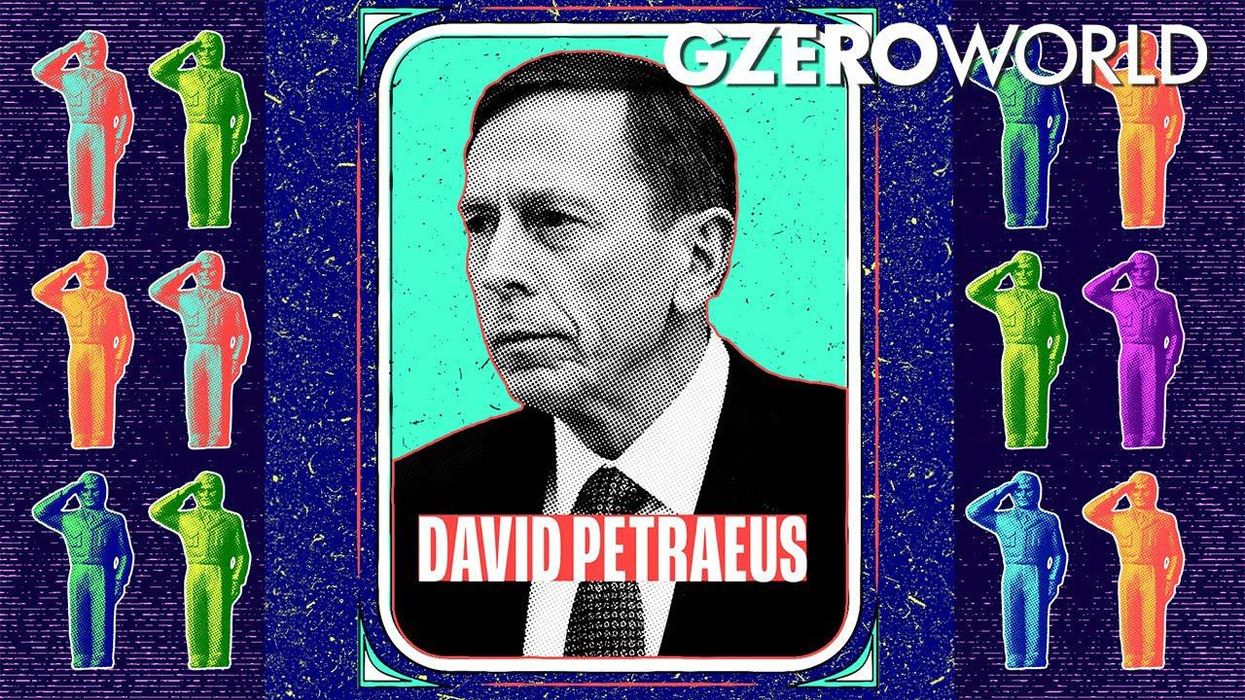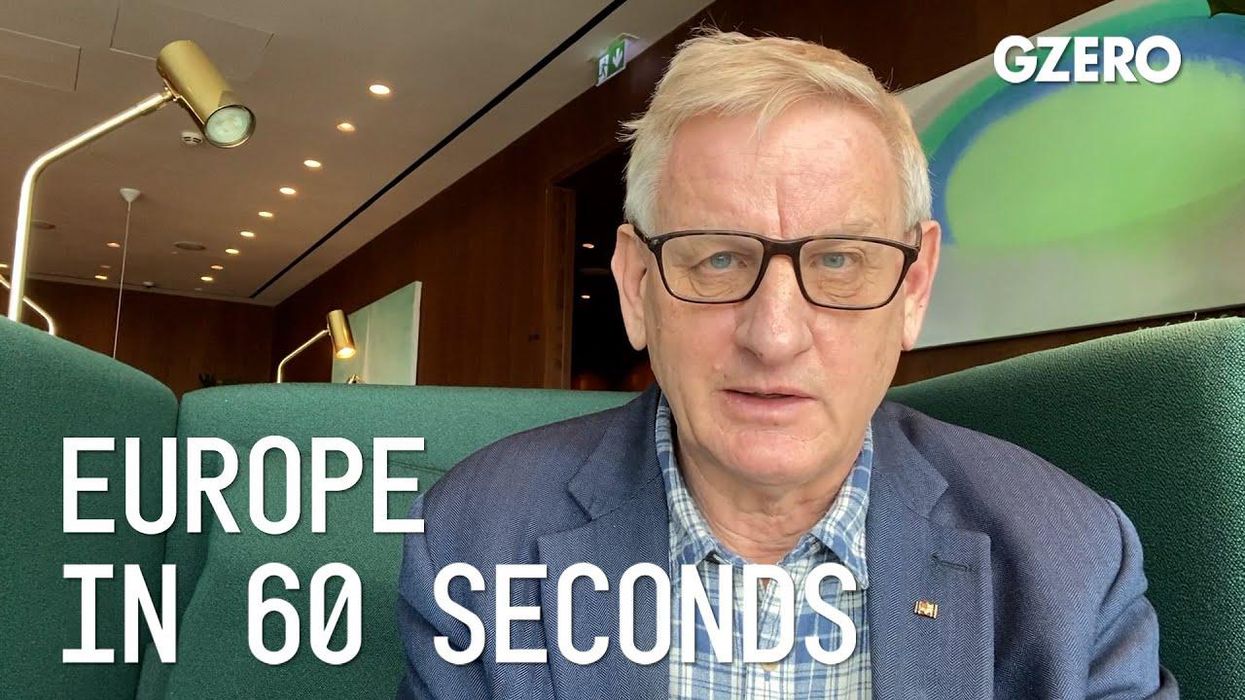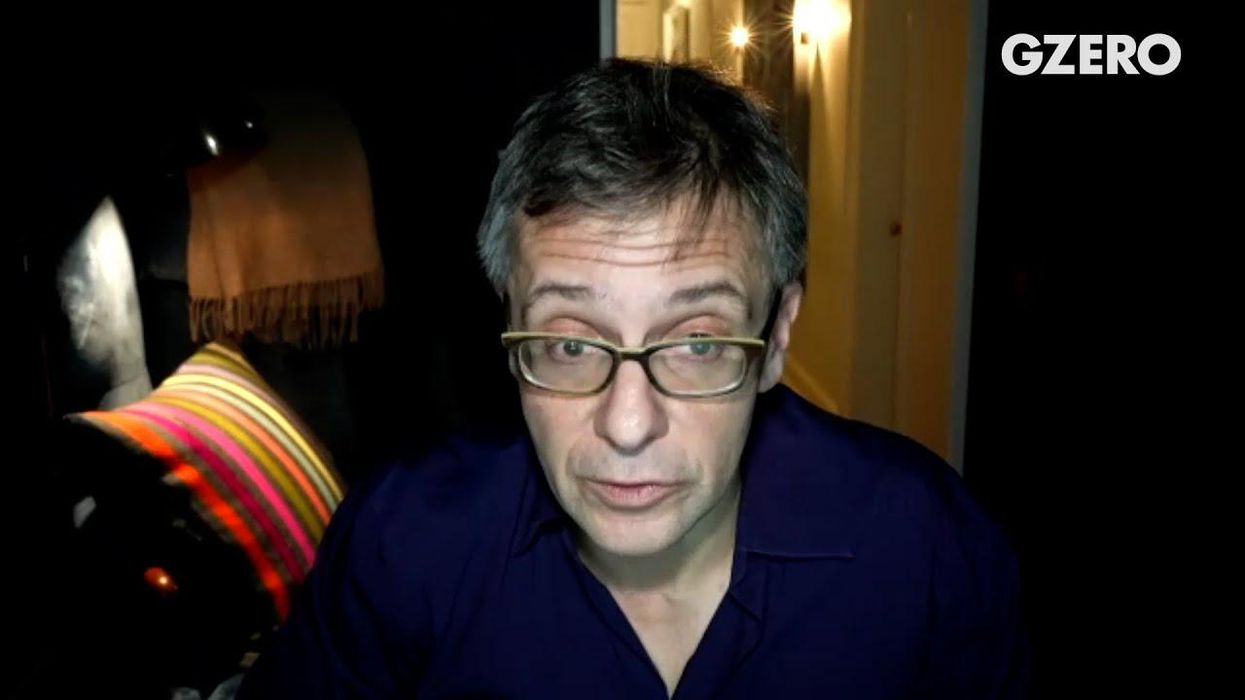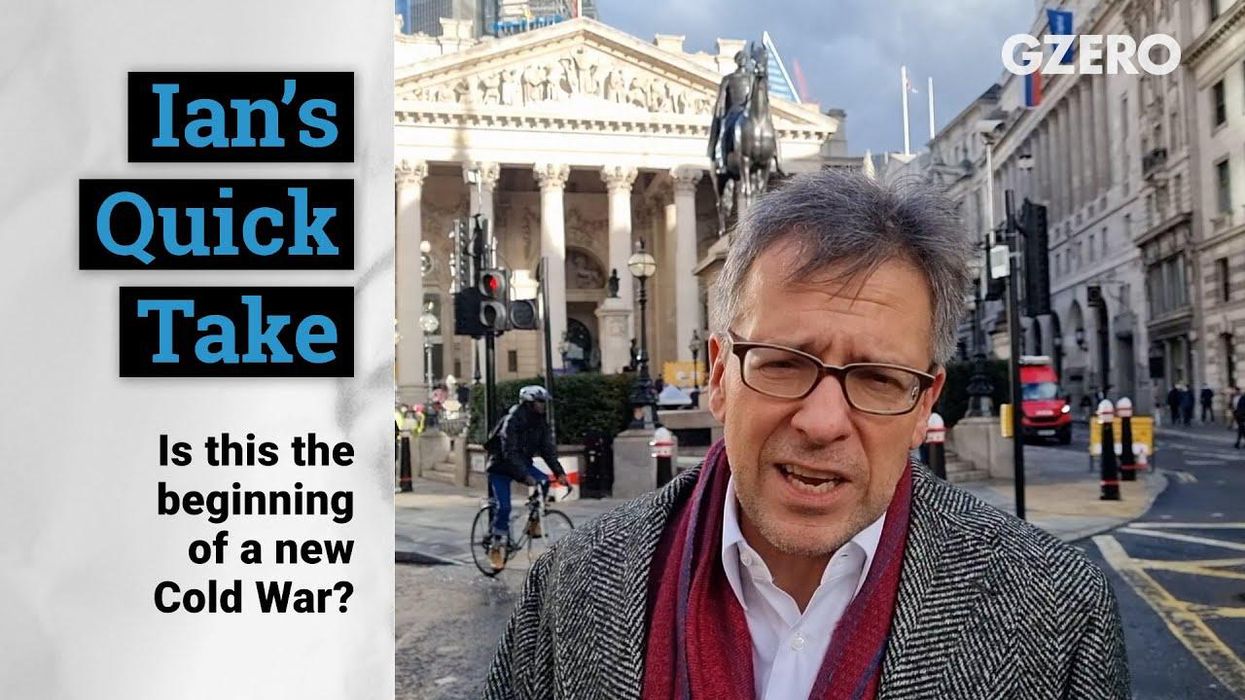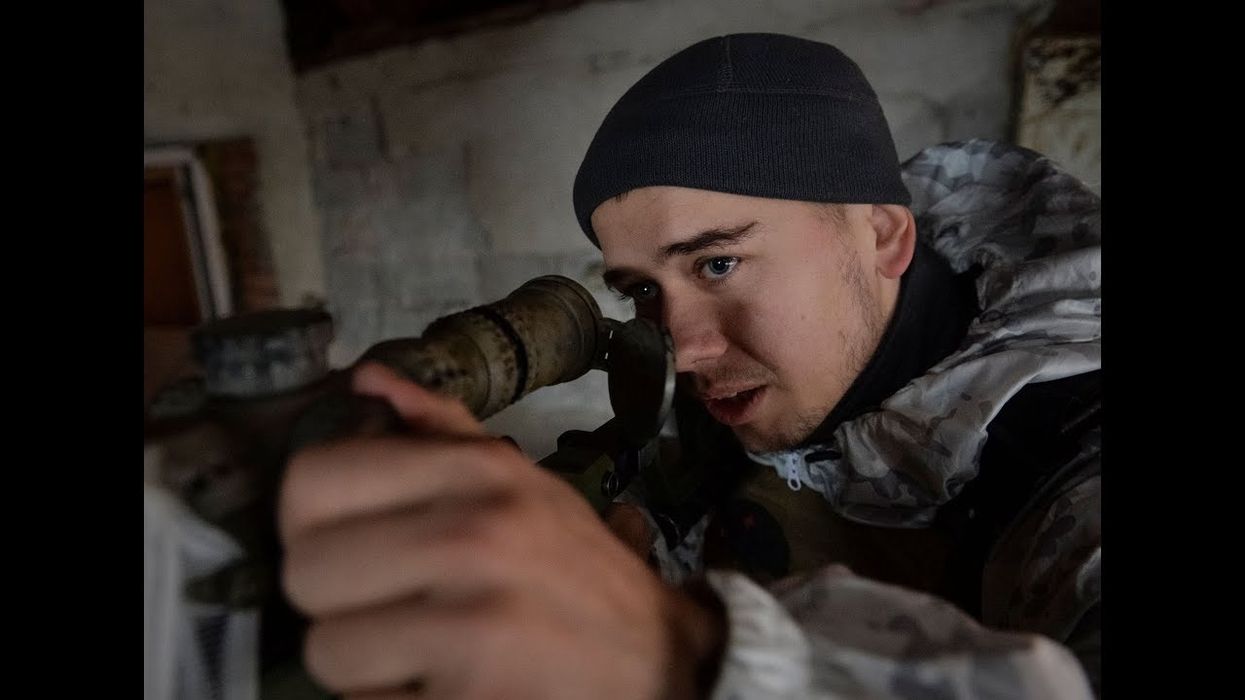GZERO World Clips
Russian invasion: David Petraeus examines Putin’s strategy
At the first in-person Munich Security Conference in two years, world leaders gathered amidst the greatest threat to European peace since World War II. Ian Bremmer sat down with former CIA Director and retired four-star general David Petraeus for an upcoming episode of GZERO World just days before Russia mounted a full-scale invasion of Ukraine. He knows a thing or two about invasions, having played pivotal roles in both of America's military campaigns in Iraq over the past thirty years. And as he tells Ian Bremmer, invading a country is one thing. Holding onto it is quite another.
Mar 05, 2022
